Meta's Monopoly Trial: FTC Shifts Focus To The Defense

Table of Contents
The FTC's Initial Claims and Their Weaknesses
The FTC's initial lawsuit against Meta alleged a pattern of anti-competitive behavior, primarily centering on Meta's acquisitions of Instagram and WhatsApp. The commission argued that these acquisitions, far from being beneficial to consumers, stifled competition and allowed Meta to maintain its dominant position in the social media market.
- Market Manipulation and Suppression of Competition: The FTC contended that Meta used its market dominance to suppress potential competitors by acquiring promising startups before they could pose a significant threat. This, they argued, prevented innovation and harmed consumers.
- Legal Precedents: The FTC cited various antitrust precedents, aiming to establish that Meta's actions violated existing laws prohibiting the monopolization of markets. However, the application of these precedents to the rapidly evolving digital landscape has proven challenging.
- Emerging Weaknesses: The FTC's case has faced criticism for a perceived lack of concrete evidence demonstrating direct harm to consumers resulting from the acquisitions. Defining the relevant market—is it solely social networking, or does it encompass broader communication platforms?—has also proven a point of contention, weakening the FTC’s arguments. This ambiguity has potentially opened the door for Meta's defense. The lack of clear metrics to prove consumer harm has also become a major obstacle.
Meta's Counterarguments and Strategic Defense
Meta has vigorously defended itself against the FTC's allegations, deploying a multi-pronged strategy. The core of their defense hinges on the argument that the acquisitions of Instagram and WhatsApp spurred innovation and ultimately benefited consumers.
- Innovation and Consumer Benefit: Meta argues that integrating Instagram and WhatsApp into its ecosystem has led to improvements in user experience, enhanced features, and broader connectivity. They highlight the increased accessibility and functionalities offered to users as direct evidence of the acquisitions’ positive impact.
- Competitive Market: Meta emphasizes the existence of numerous alternative social media and communication platforms, arguing that its market dominance is not absolute and that consumers have ample choices. They actively highlight competitors like TikTok, Twitter (now X), and Snapchat to diminish the claims of a monopolistic market.
- Expert Testimony: Meta's defense team has presented expert witnesses who provide economic analyses and market research supporting their claims. This testimony aims to counter the FTC’s economic modeling and establish that the acquisitions did not harm competition.
The Shifting Focus: A Defensive Posture by the FTC
The FTC's apparent shift towards a more defensive posture suggests challenges in proving its initial claims. This strategic realignment may indicate a recognition of the difficulties inherent in successfully prosecuting a case against a tech giant with extensive resources and a robust legal team.
- Challenges in Proving the Case: The FTC likely faces significant hurdles in providing sufficient evidence to prove anti-competitive behavior beyond reasonable doubt. The complexity of the digital market and the lack of easily quantifiable metrics for consumer harm may be contributing factors.
- Implications of Setbacks: Any setbacks or unfavorable rulings during the trial could significantly impact the FTC's overall strategy and potentially weaken its future antitrust enforcement efforts against other tech companies.
- Internal Pressures and Public Opinion: The FTC might also be facing internal pressures and external scrutiny regarding the resources allocated to the Meta case, especially given the mounting public debate surrounding antitrust enforcement in the tech sector.
The Impact on Future Tech Regulation
The outcome of Meta's Monopoly Trial will undoubtedly influence the future of tech regulation and antitrust enforcement worldwide. The precedent set by this case will have far-reaching implications.
- Merger and Acquisition Guidelines: A successful FTC case could lead to stricter guidelines and increased scrutiny for future mergers and acquisitions in the tech industry. This could potentially slow down innovation or at least alter the pace of consolidation.
- Impact on Other Tech Giants: The result of this trial will undoubtedly influence how regulators approach similar investigations into other tech giants facing accusations of anti-competitive behavior. This has significant implications for the entire industry.
- Overall Impact on the Tech Industry and Innovation: The outcome could affect investment in technological innovation, either fostering a more competitive landscape or leading to increased regulatory burden and potentially slowing down growth.
Conclusion:
The Meta's Monopoly Trial represents a pivotal moment in the ongoing debate regarding antitrust enforcement in the tech industry. The FTC's shift towards a more defensive posture highlights the complexities and challenges associated with prosecuting these types of cases. The outcome will have significant implications for future tech regulation, shaping how mergers, acquisitions, and antitrust enforcement are approached globally. To stay informed about this landmark case and its wider repercussions for the tech sector, stay tuned for further updates and analysis on the Meta's Monopoly Trial. Continue following the developments to fully comprehend the ramifications of this significant legal battle.

Featured Posts
-
 Will Abc News Show Survive Recent Mass Layoffs
May 21, 2025
Will Abc News Show Survive Recent Mass Layoffs
May 21, 2025 -
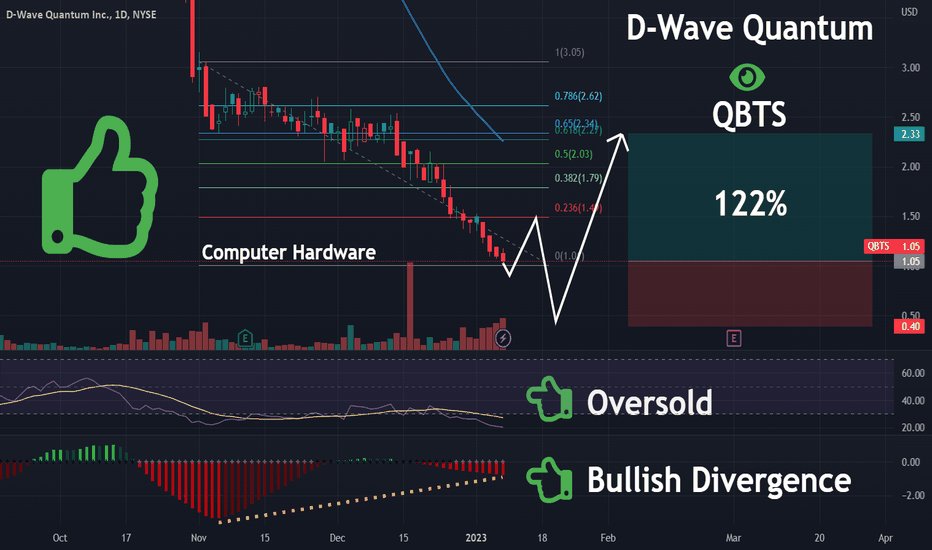 Kerrisdale Capitals Report Triggers D Wave Quantum Qbts Stock Decline
May 21, 2025
Kerrisdale Capitals Report Triggers D Wave Quantum Qbts Stock Decline
May 21, 2025 -
 Quantum Computing And Ai D Waves Qbts Impact On Pharmaceutical Research
May 21, 2025
Quantum Computing And Ai D Waves Qbts Impact On Pharmaceutical Research
May 21, 2025 -
 Trinidad Government Mulls Restrictions On Kartel Show Age And Song Censorship
May 21, 2025
Trinidad Government Mulls Restrictions On Kartel Show Age And Song Censorship
May 21, 2025 -
 Resilience And Mental Wellbeing From Adversity To Growth
May 21, 2025
Resilience And Mental Wellbeing From Adversity To Growth
May 21, 2025
Latest Posts
-
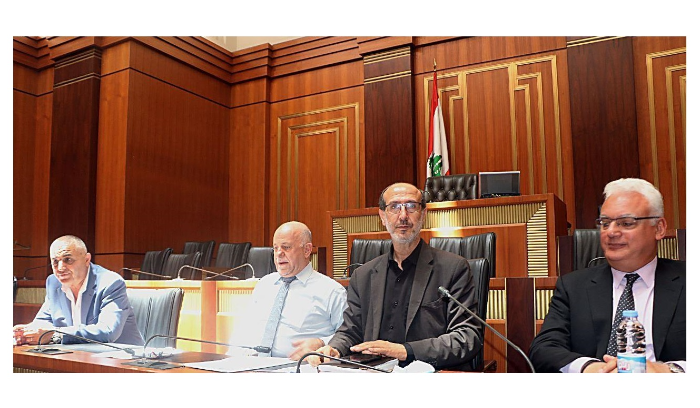 Tqryr Dywan Almhasbt 2022 2023 Mwafqt Alnwab Ela Almkhalfat Almdhkwrt
May 21, 2025
Tqryr Dywan Almhasbt 2022 2023 Mwafqt Alnwab Ela Almkhalfat Almdhkwrt
May 21, 2025 -
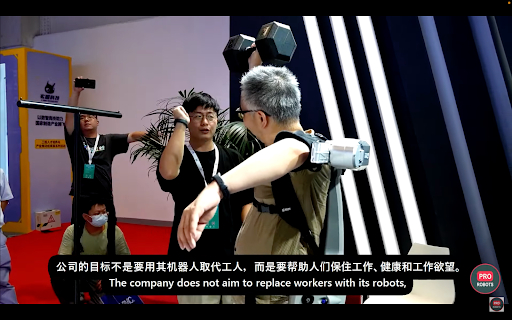 Nvidia
May 21, 2025
Nvidia
May 21, 2025 -
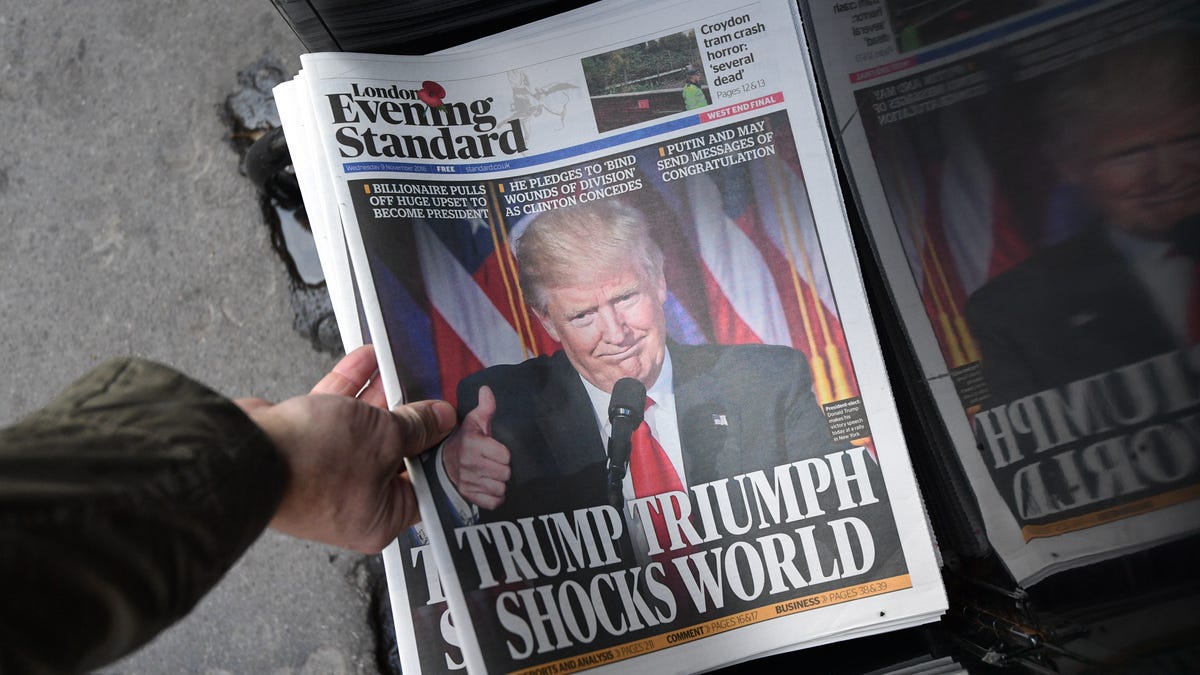 Ai Companies Celebrate Trump Bill Victory But Concerns Linger
May 21, 2025
Ai Companies Celebrate Trump Bill Victory But Concerns Linger
May 21, 2025 -
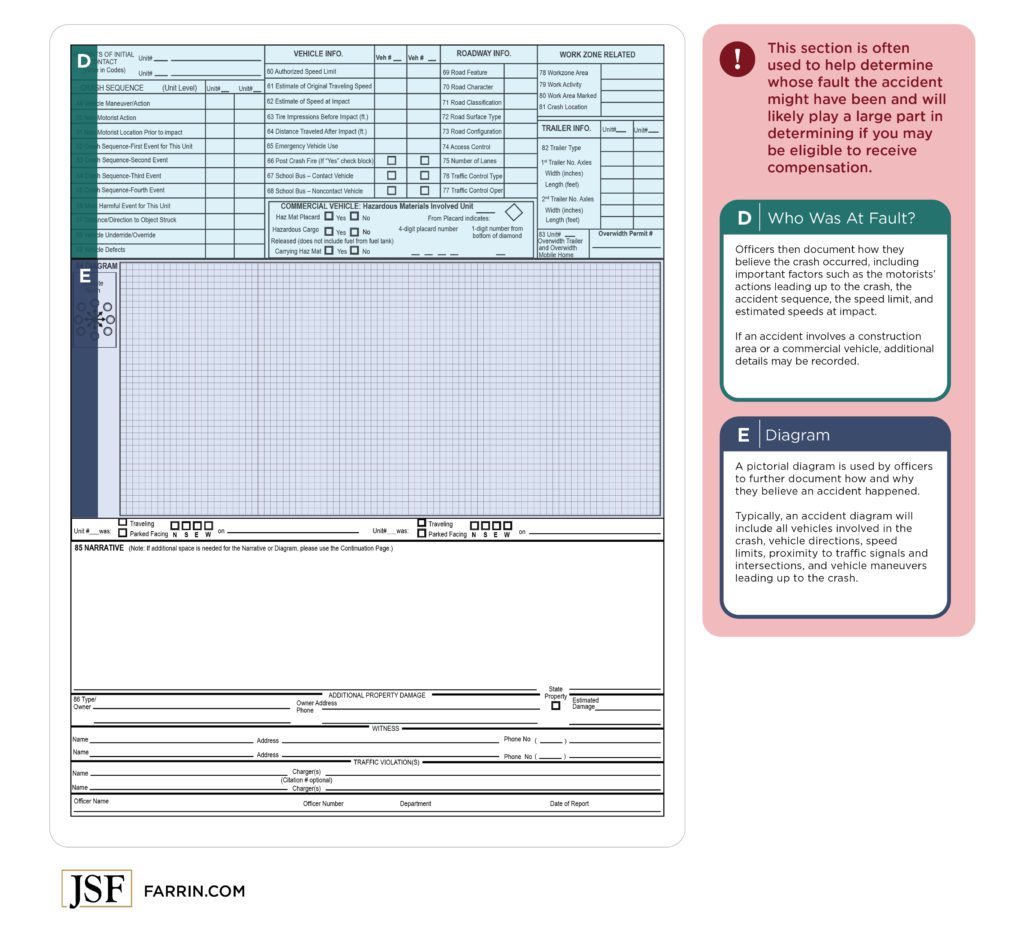 North Carolina Report May 9 2025 A Summary Of Key Events
May 21, 2025
North Carolina Report May 9 2025 A Summary Of Key Events
May 21, 2025 -
 New Texas Bill Targets Social Media Use Among Minors
May 21, 2025
New Texas Bill Targets Social Media Use Among Minors
May 21, 2025
